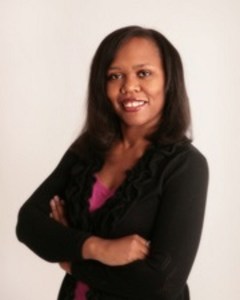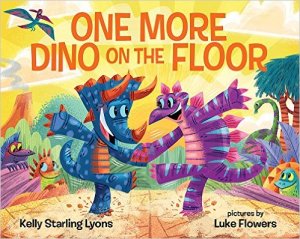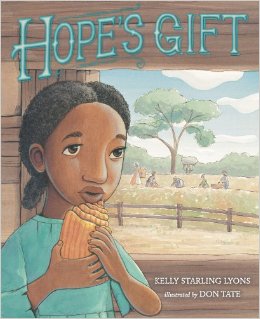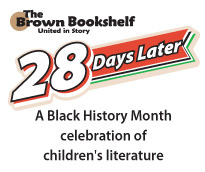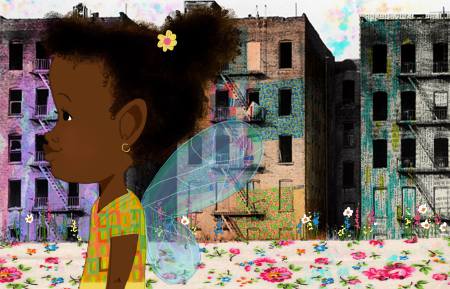Hello Mixed-Up Readers! I’m excited to bring you this fun interview (and GIVEAWAY!) with Karen Rivers, author of Love, Ish. But first, a little-ish about the book.

My name is Mischa “Ish” Love, and I am twelve years old. I know quite a lot about Mars. Mars is where I belong. Do you know how sometimes you just know a thing? My mom says that falling in love is like that, that the first time she saw Dad, she just knew. That’s how I feel about Mars: I just know. I’m smart and interesting and focused, and I’m working on getting along better with people. I’ll learn some jokes. A sense of humor is going to be important. It always is. That’s what my dad always says. Maybe jokes will be the things that will help us all to survive. Not just me, because there’s no “me” in “team,” right? This is about all of us. Together. What makes me a survivor? Mars is going to make me a survivor. You’ll see. * “A star-bright story of love, courage, and unflagging spirit.” —Booklist, starred review
Amie: Welcome to the Files, Karen! Why don’t you start by telling us who your favorite character is in Love, Ish and a little about why they’re your favorite.
Karen: Definitely Ish. I think to write a book about a person, even one you’ve made up, you have to really really know that person and really really love them, even when they are flawed or even occasionally infuriating. I love Ish and I loved taking this journey with her.
Amie: I agree! It’s a given that we’ll love our main character, isn’t it? Why else would we choose to write their stories? It would be hard to spend so much time with someone we didn’t like. So tell our readers which scenes were the best/worst to write?
Karen: I loved writing every word of this book, but writing the ending was a very emotional journey for me. It was both the best and the worst!
Amie: I can definitely relate to that! Ish (Mishca) wants to go to Mars. Did you do a lot of research for your story?
Karen: I spent a lot of time researching different Mars programs and reading about the viability of Mars as a potentially habitable planet. There are very widely differing opinions in the scientific community about, for example, whether the presence of perchlorate in Martian soil would simply preclude any possibility of humans being able to survive there. Mars seems to be everywhere these days! I watched the NASA feed closely for up-to-the-minute news of the rover’s findings. At a certain point in revising, I had to stop adding new information though. Our knowledge and understanding about Mars are constantly evolving in real time.
Amie: There’s a character known as Fish Boy (Gav) and Ish isn’t exactly fond-ish of him. Do Ish and fish boy ever become friends?
Karen: I’m reluctant to spoil too much of the plot, but yes, Mischa and Gav become friends.
Amie: Was there any particular inspiration for Mischa’s (Ish) name?
Karen: I once met a girl named Mischa, whose nickname was Ish. I loved the play on words of love-ish and Love, Ish. When something is something-ish, it means it’s not quite that which it is trying to be. Mischa’s whole journey starts out as one thing and becomes another, so I like the “ish”ness of that.
Amie: Does Mischa love anything else as much (or almost as much as Mars)?
Karen: Mischa loves a lot of things and people: Her best friend, Tig, her sister Iris, and even her sister Elliot. Definitely her pet parrot and her parents. She is primarily motivated by the need to be someone who doe something special or different, someone who is remembered for being a “first”. In so doing, she wants to figure out who she is and who she is going to be. I think she loves more than she gives herself credit for. When one is 12, it’s easier to pick one topic, one THING and make that your everything, whether it’s your favourite music or a personal goal or a hobby. Kids tend to define themselves in fairly singular terms. “I love horses” or “I’m a Katy Perry fan.” In Ish’s case, she’d say, “I’m going to go to Mars” as her most defining characteristic, but it will be obvious to anyone reading that she’s so much more than that. (I hope!)
Amie: All right. Last question. Does Ish ever make it to Mars?
Karen: I’m afraid I can’t answer the question without spoiling the entire book. Once you’ve read the ending, you’ll understand why. I’ll have to stick with, “You’ll have to read it to find out!”
Amie: Darn it! Those dang spoilers! Thanks for joining us at the Files today, Karen. Good luck to you and to Ish! And many thanks to Algonquin for providing an ARC of this book. They’re also offering a copy of LOVE, ISH to one US reader. Be sure to leave a comment below to be entered!

Karen Rivers has written novels for adult, middle-grade, and young adult audiences. Her books have been nominated for a wide range of literary awards and have been published in multiple languages. When she’s not writing, reading, or visiting schools, she can usually be found hiking in the forest that flourishes behind her tiny, old house in Victoria, British Columbia, where she lives with her two kids, two dogs, two birds. You can find her online at karenrivers.com or on Twitter: @karenrivers
Amie Borst is the author of the Scarily Ever Laughter series; Cinderskella, Little Dead Riding Hood, and Snow Fright. There’s nothing “ish” about her love for writing. You can find her on her blog, her website, and her co-author website.





